Critical Tips for Car Maintenance
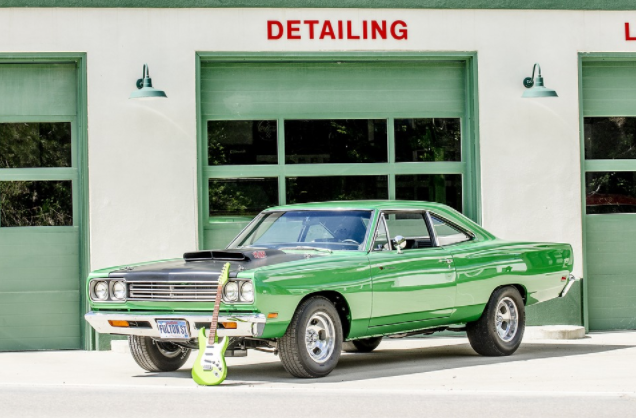
Everyone dreams of owning a car, no matter how simple or sporty. Although owning a car sounds good because it brings joy, convenience, and comfort, there are additional responsibilities. Every car owner should understand how to properly care for their vehicle, from basic maintenance to troubleshooting. Critical components such as ceramic sealant, engine oil, and battery are examples of things that you need to know. Therefore, read the following critical tips for car maintenance.
Check Engine Oil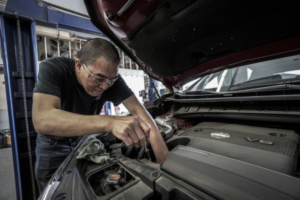
Before traveling or driving your car, it is important to check the oil level. There are many moving parts in your car’s engine that need lubrication. There are two types of engine oil: one is standard oil and the other is multigrade oil. This oil has additives that protect your engine and give you more mileage before changing the oil.
Check Engine Level Coolant
The engine coolant is activated when the car starts. It is responsible for combustion in the engine, which reaches 1000 degrees in the combustion chamber. If you have no idea about this, you should ask someone who does. Taking care of the matter yourself will cause more damage.
Check Car Gauge
When you turn the key on, you will see that the voltage indicator reaches 24V. This is not a problem. However, as soon as you start the engine, it will go from 24 to 27 voltage. If it doesn’t, your battery or alternator may be faulty. The fuel gauge shows you if you still need fuel for the entire trip or if the tank is empty.
Check Tires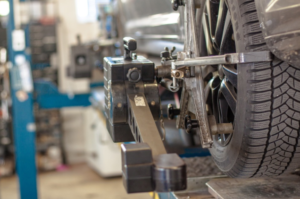
To avoid accidents and further damage to your car, do this. Be sure to check your tires before you drive. If you’re going on a long trip, be sure to check for flat tires and bring a spare. This point plays an essential role in your trip.
Check the Battery and Brake System
The life expectancy of a car battery depends on how often the owner uses it and the distance traveled. To prevent further damage to the engine, replace the battery immediately. Also, check the brake system to make sure the brake fluid is not depleted and the brakes are working properly to avoid accidents.
Send Your Car to a Repair Shop
If you see that your car is having problems and you have not been able to locate the problem, it is time to send your unit to an expert. This should be done to prevent further damage to your vehicle and to make sure that your car is working properly. You should also visit a repair shop from time to time to align the tires, change the oil, and perform any other maintenance work on your car.
…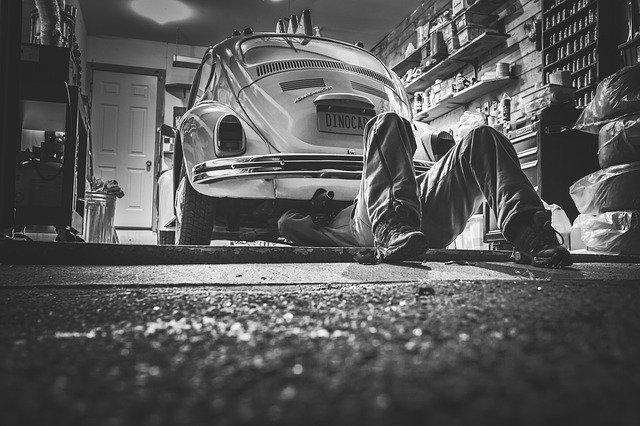
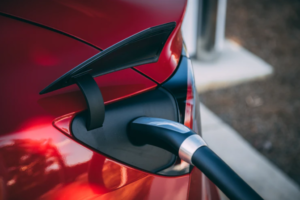 The essential of any
The essential of any 






